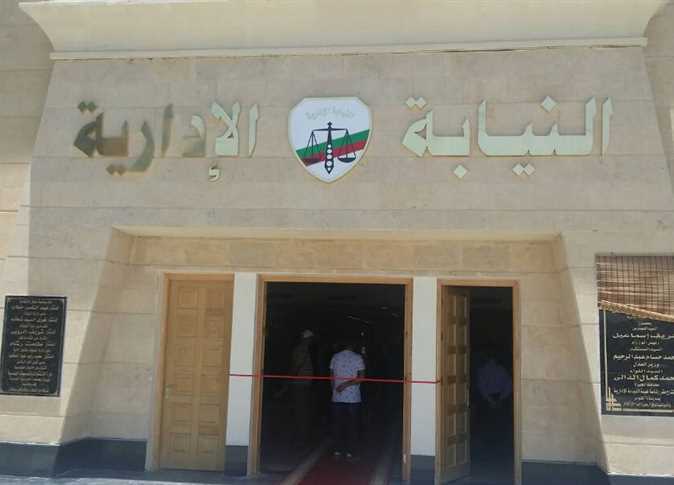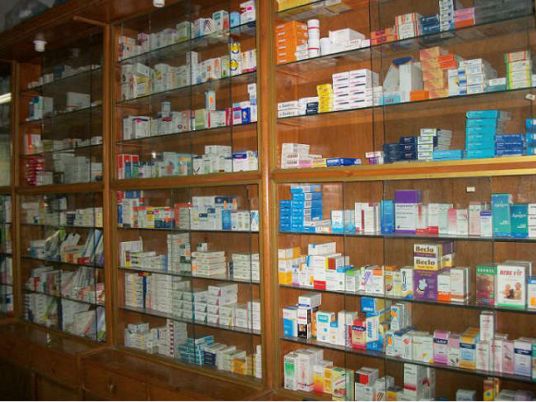
Pharmacists and importers have recently discussed the shortages in certain important medical drugs as a result of the Central Bank restricting monthly imports to US$50,000.
They said certain medications have disappeared from the market, while stocks of others are decreasing, such as drugs for heart and liver diseases, diabetes, blood pressure and ovulation hormones.
Dr. Ali Auf, head of the Medicines Trade Division of the Chamber of Commerce, said the Central Bank placed imports of the pharmaceutical sector as a third priority after the food and energy sectors, and that certain regulations by the bank have raised foreign currency exchange rates on the black market.
Auf said the mandatory pricing of medicines dates back 20 years when the dollar was 3.5 Egyptian pounds. “Pharmaceutical companies have been bearing the difference ever since,” he said, pointing to shortages in bicozim vitamin and streptokinase injections that have no local alternatives.
He called for a committee to be formed by the Chamber of Commerce, the pharmaceutical companies, the Health Ministry and the Pharmacists' Syndicate to resolve the problem.
“Until 2011, foreign pharmaceutical companies used to send shipments before receiving payment,” he said. “Now they request full payment in advance.”
Nour Khalil, a pharmacist, said prices of certain drugs have gone up as a result, including Panadol, Centrum and Move Free.
Dr. Adel Abdel Maksoud, head of the Pharmacists' Division of the Cairo Chamber of Commerce, said the shortage of Anti-Rh injections for pregnant women caused the death of 4,000 fetuses since the beginning of this year.
Edited translation from Al-Masry Al-Youm



